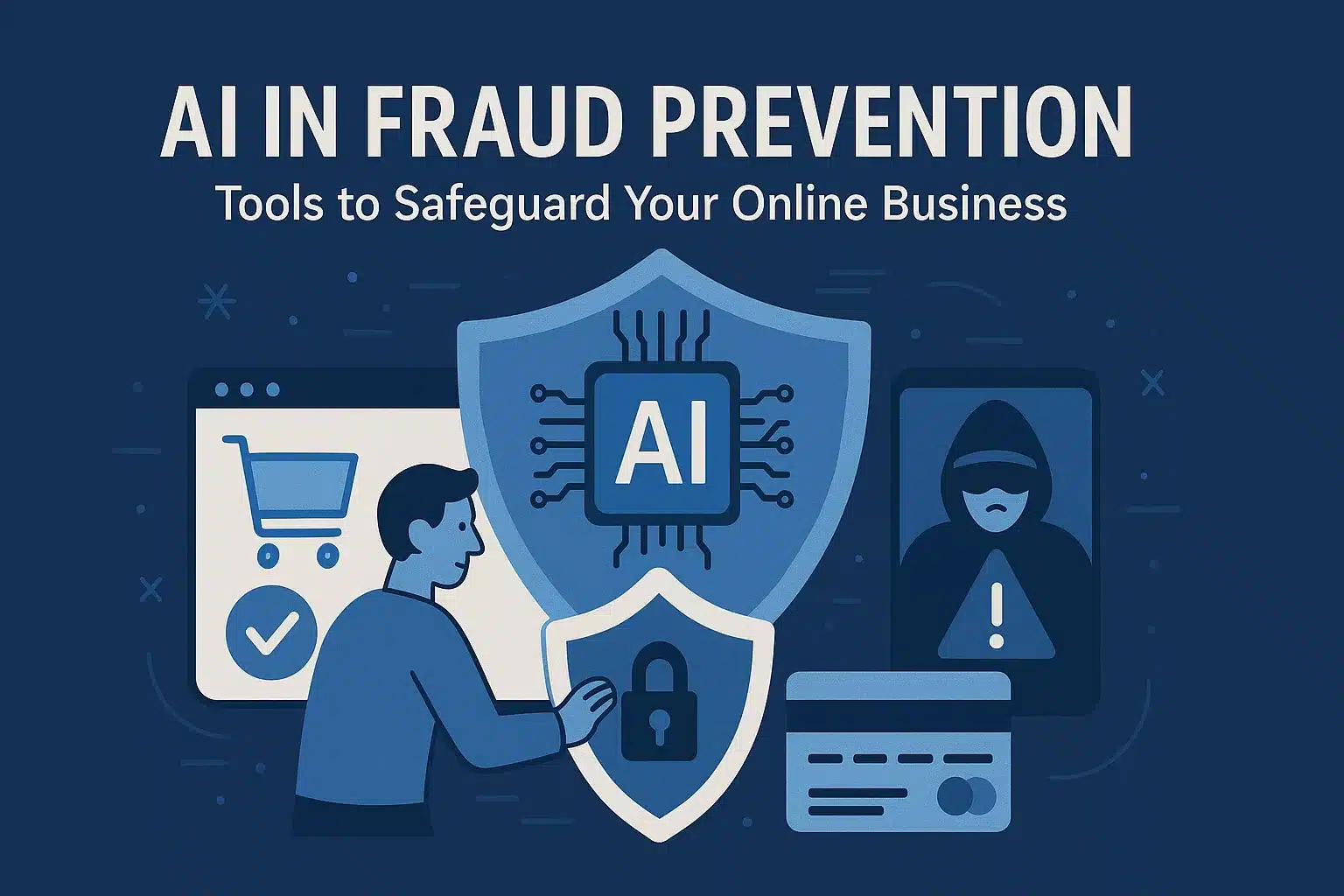Back in the day, before we had simple e-learning tools like learning management systems and online courseware, it wasn’t so easy to create instructional material. Those who wanted to do so had to go through the necessary material writing, gathering, and organizing, and then transfer it to paper to be auditioned in publishing houses, or printed hundreds or thousands of times for employees. Video and audio supplements were often created and deployed willy-nilly. All that paper, all those old tapes.
Textbooks, of course, are still in circulation. And the concept of making (and/or saving) a dime off creating knowledge and instructional material is still compelling to a lot of people. Many of these people are experts in some area. Or they have training to take care of within an organization, and need the tools to do so.
But the life of a textbook writer is not and never has been smooth sailing, between the competitive industry, getting published, and being taken advantage of by publishing companies.
For many subject matter experts with a knack for explaining their field and with the desire to share their knowledge, learning management systems (LMSs) and other elearning tools are a great option. The tools LMSs like Coggno provide include video, simulations, demos, animations, screen recordings, audio recordings, podcast creators, and the integration of Web 2.0 tools for student collaboration. Nowadays learning content creators have a wealth of tools at hand to make their students’ learning experience a dynamic and effective one.
Unlike textbook writers, elearning content creators are also given full ownership and a great deal of power over their course material. For example, Coggno allows authors first to create and migrate content free of charge. The writer maintains ownership and copyright of their learning content. And once a course is migrated, it isn’t set in stone.
Authors have a number of options regarding their learning content, which can be chosen at any time they like: to modify it, delete it, keep it as it is for a while, modify or delete only parts, etc.
Another option is to syndicate your learning content. This means that other relevant web publishers can publish and sell your online courseware on their websites. But it’s your choice which sites you want to allow, how much revenue you’d like to share each time you sell your courseware, and how long you would like the website to publish it.
If you are able to, syndicating your courseware is a wise move. Why? A few reasons: first, syndicating your content gets it out there on the market. And second, it’s a great way to expand not only your audience, but your revenue.
Ultimately, elearning content creators have a much better deal than textbook authors. Both get to do what they love, but elearning authors have the power and freedom to do what they please with their material. And using all the tools that learning management systems offer, have fun while doing it.
——————-
Coggno.com offers world-class e-learning courses.



















